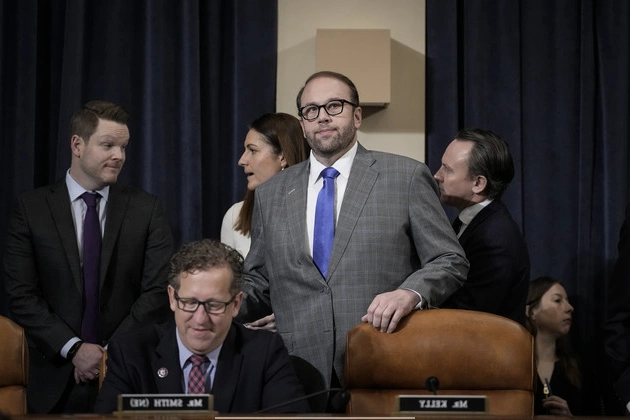
House Republicans are in a race to complete President Donald Trump’s tax bill before Memorial Day. The efforts are intensifying as Treasury Secretary Scott Bessent reconvenes his “Big Six” meetings on the GOP tax bill this week. The key players include House Speaker Mike Johnson, Senate Majority Leader John Thune, and Congress’s tax chiefs.
Challenges and Solutions
The process faces hurdles as GOP leaders prepare to meet with a group of Republicans advocating for an expansion of the state and local tax deduction. Despite these challenges, GOP lawmakers are gearing up to draft provisions worth trillions of dollars, which form the core of Trump’s ambitious tax plan.
Trump’s agenda includes making the expiring tax cuts from 2017 permanent, with a focus on individuals. Additionally, new breaks for domestic manufacturers, tipped wages, and auto loans are on the agenda. While Senate and House Republicans support these initiatives in principle, the actual implementation poses significant differences between the two chambers.
Timeline and Roadblocks
The House Ways and Means Committee, led by Chair Jason Smith, is expected to start crafting its plan in the coming weeks. Smith expressed optimism about delivering the plan to the public soon. However, certain unresolved issues within the committee may delay the bill markup.
One major concern is the discrepancy in proposed tax cuts between the House budget and other committees. The House Energy and Commerce Committee plays a crucial role in determining the overall savings and will influence the direction of the tax plan.
Cost Containment Strategies
The cost implications of the tax plan remain a contentious issue. Balancing the desire to make the tax cuts permanent with additional provisions proposed by Trump is a delicate task. Ways and Means members are exploring various options to offset the expenses, such as limiting deductions for executive compensation and raising endowment taxes on universities.
Moreover, the committee is considering the restoration of expired tax incentives for business activities, which could further impact the plan’s financial scope.
Senate’s Approach
While the House focuses on cost containment, Senate Republicans have put forth a plan to extend expiring tax cuts without additional costs. Their strategy involves utilizing the “current policy baseline” accounting method to facilitate further tax reductions.
The Senate plan aims to make the 2017 cuts permanent while setting modest spending cut targets. Despite criticism from some House members, Senate leaders are steadfast in their support for the current policy baseline approach.
Key Issues and Negotiations
Several contentious issues, including the deduction cap for state and local taxes (SALT), have sparked debates among lawmakers. House leaders are engaging with representatives advocating for an increase in the deduction cap to address concerns in high-tax districts.
The Ways and Means Committee is deliberating on potential offsets to mitigate the tax plan’s costs. Discussions revolve around closing loopholes and revising existing provisions to enhance the plan’s financial sustainability.
In conclusion, the race to finalize Trump’s tax bill underscores the complexities of tax reform and the divergent approaches within the GOP. As negotiations continue and details are ironed out, the ultimate goal remains to deliver a comprehensive tax package that aligns with the administration’s priorities.











